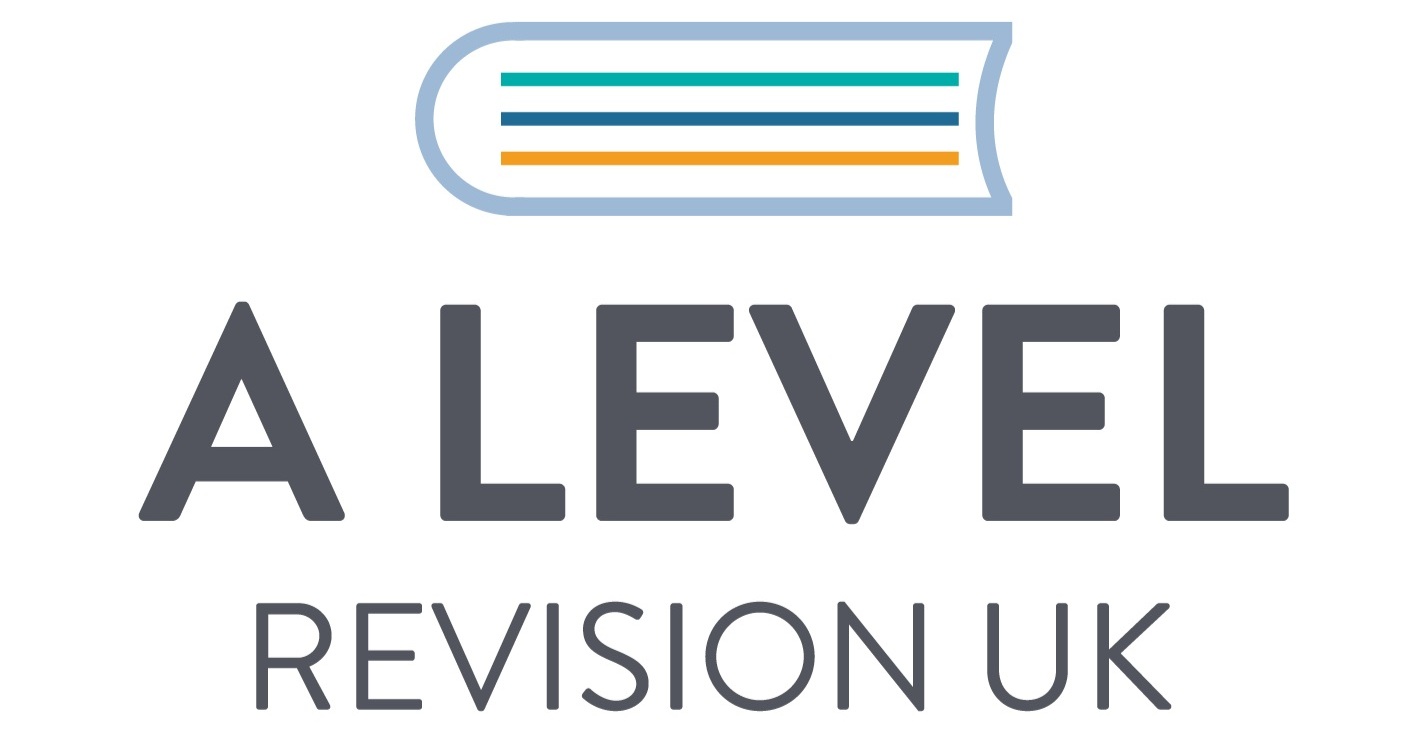Applying for Medicine? | Tips & resources to get your application ready!
Studying medicine is not only a career pathway but also very much a lifestyle choice! It takes a lot of dedication and hard work to gain a place and study a medical degree but if you are passionate, willing to work hard and love to help people it’s the right career for you!
You need to be organised from the start as UCAS applications close on the 15th October giving you a shorter application window compared to other undergraduate degree courses.
What grades do you need?
Although entry requirements will vary most medical degrees require a minimum of A A A at A level and will usually require at least one of these to be in Chemistry or Biology. Without the widespread use of AS exams anymore it is very important that all assessments completed in your first year are to a high standard as these will form the basis of your predicted grades for University.
If you need additional help in gaining these grades visit A Level Revision UK for a range of classes and courses which help students to achieve top exam results.
In addition to you’re A level grades medical schools will also require you to sit one of four admissions tests. You can find out which ones you are required to sit by visiting the individual medical school pages.
Two of the most popular admissions tests are the UCAT and BMAT.
University Clinical Aptitude Test (UCAT) This test aims to help universities select applicants with the most appropriate mental abilities, attitudes and professional behaviours required for new doctors and dentists. This test is sat before you start the UCAS cycle.
For 2021 applicants UCAT bookings and registration will be open on the 1st July and testing will take place from the 3rd August and 1st October. Click here to view their latest update.
BioMedical Admissions Test (BMAT) Similar to the UCAT the BMAT tests your ability to apply scientific and mathematical knowledge, as well as problem solving, critical thinking and written communication skills. The BMAT is a 2-hour test divided split into three sections.
For 2021 applicants the September BMAT will not being going ahead, and students must sit the test during the November test session due to take place on 4 November 2020.
There are a wide variety of resources available for both tests above ranging from practice papers to in person courses.
We recommend students wishing to sit the UCAT exam to check out The Medic Life. Bakhtar a junior doctor provides 1 day courses, free events and also a bursary option for students wishing to take one of his UCAT preparation courses. For 2021 applicants the UCAT courses start at £45 which is fantastic value for money!
Personal statement
Getting your personal statement right is essential! Medical schools do not just want robots who can churn out good results! In medicine you work with people on a daily basis and how you can interact and engage with others is just as important. You will also need to demonstrate that you have key skills such as problem solving and link this back to your personal experiences. This is one reason why work experience is vital in supporting your medical application.
If you need help getting started on your personal statement take a look at our Top tips for writing a personal statement.
Once you have made a start take a look at Modern day medics. This is a fantastic non profit organisation supporting students from BME backgrounds. Alongside their regular webinars they also offer a personal statement proofreading and feedback service. Run by a team of dedicated medical students you will have the opportunity to receive constructive feedback on a draft statement.
For 2021 applicants wishing to utilise the service you have until June 30th to send your personal statement to info@moderndaymedics.com
Work experience
Every year when we work with potential medical students work experience is always mentioned as a challenge and even more so during this time of Covid-19. There are however some good resources out there to help you gain experience even though you cannot do so in the physical sense!
If you are struggling for work experience ideas take a look at:
The MSC Guidance for gaining relevant experience during the pandemic. The guidance includes practical tips on how to gain relevant experience during Covid-19
Brighton and Sussex Medical School's free virtual work experience course which explores several different medical specialities
Operating theatre live are providing both free and paid live streams of dissections. You can also download worksheets and watch useful interviews.
Observe GP provided by The Royal College of General Practitioners' is an interactive platform which highlights the many different aspects of working in primary care
Step into the NHS provides information on what it is like to work in the NHS and guidance on gaining experience within the NHS.
The Medic Life is also offering a free live online work experience workshop on Thursday 2nd July at 6pm.
Additional opportunities
There is a real wealth of opportunities and resources out there for aspiring medical students. Another good way to get a flavour of what it is like as a medical student is to follow current students on their social media accounts.
Armitage Scholars is a programme created by The Armitage Foundation aiming to support students in year 12 and 13 who want to study medicine. This programme supports students in a number of ways including developing practical skills, interview preparation, personal statement support and also tutoring.
Lastly here are a few more of our favourite accounts to follow offering useful content!
Now more than ever society has realised how valuable the medical profession is and you could be a part of the next generation of medical professionals in the UK!
Good luck with your applications and please do get in touch if you need any support!
#alevels2021 #aleves #exams #ucas #medicine #ucat #bmat
